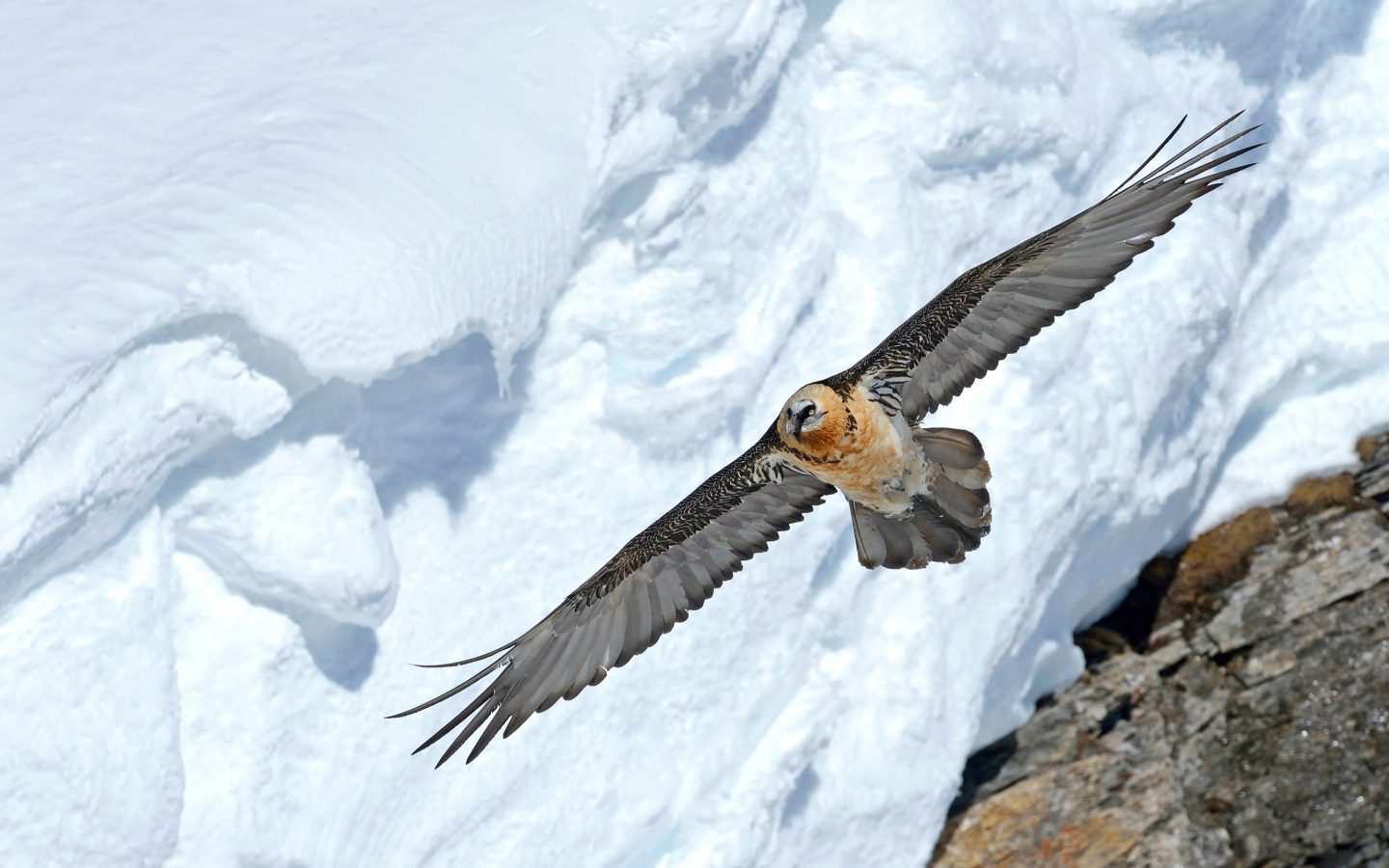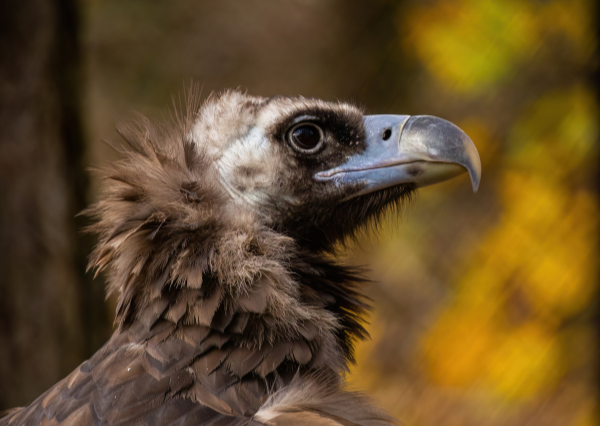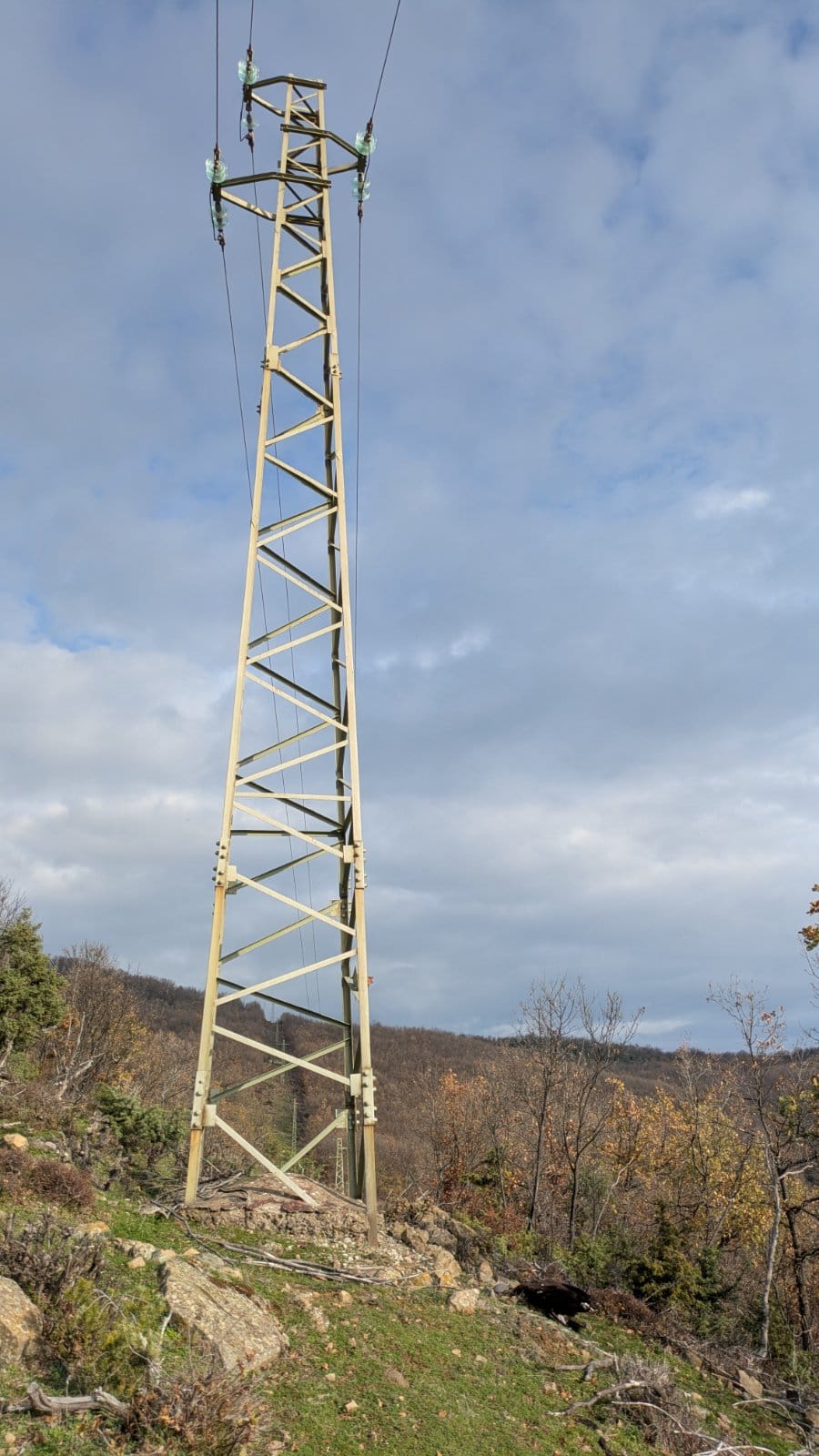The LIFE Rhodope Vulture project moves a step further in its Cinereous Vultures reintroduction programme in the Eastern Rhodope Mountains. Seven Cinereous Vultures transported from Spain to Bulgaria in June, have recently been released from the acclimatisation aviary.
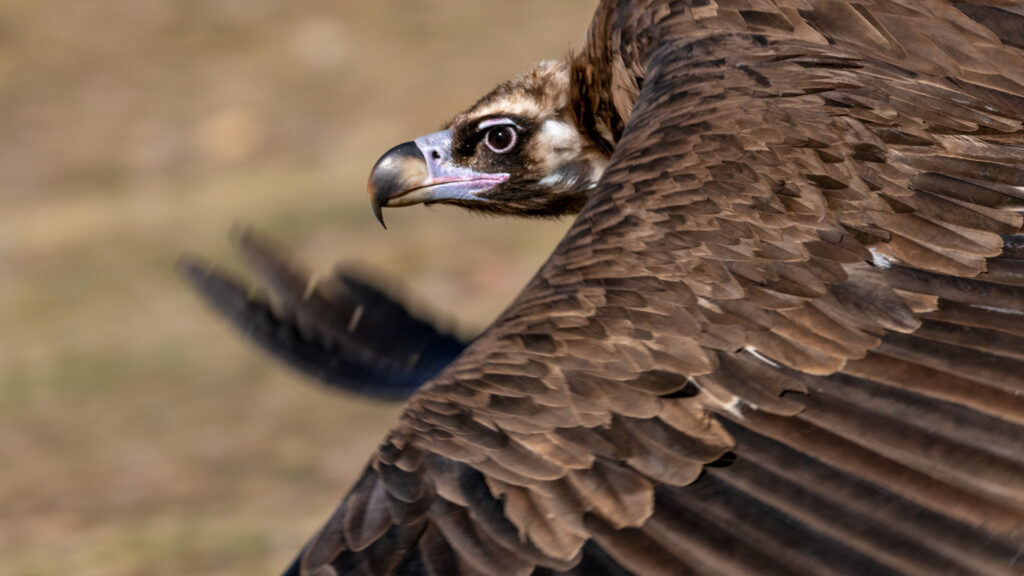
Cinereous Vultures (Aegypius monachus) were once native to the Eastern Rhodope Mountains. The drastic reduction of their habitat and food sources, and recurring poisoning events, have driven the species to extinction around 60 years ago. Thanks to Rewilding Rhodopes Foundation and the Bulgarian Society for the Protection of Birds (BSPB), the story is about to change.
Recently, the LIFE Rhodope Vulture project, led by BSPB, released seven Cinereous Vultures in the Eastern Rhodopes Mountains. The reintroduction programme is at its third release, and the first results are already showing.
The release
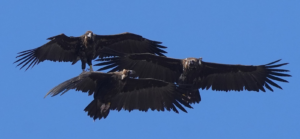
The protagonists of this release event arrived from Spain at the end of May thanks to the collaboration between the project and the Spanish NGO GREFA (Grupo de Rehabilitación de la Fauna Autóctona) – that rescued, rehabilitated and transported them to Bulgaria – and the Junta de Andalucìa that donated the rescued birds to the reintroduction programme.
The release followed a soft-release methodology, designed to minimize the stress for the birds. The vultures spent several months in an acclimatisation aviary close to the release site. During this period, they become accustomed to the environment and conditions of the wild nature in the Eastern Rhodopes. Few days before the release, the team performed a full health check and equipped them with GPS transmitters. On October 22, the aviary was opened slowly, and the vultures were given time to adjust and leave at their own pace.
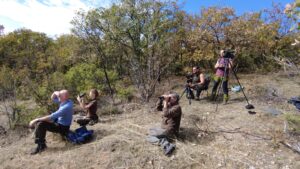
The project team monitored the release and provided food for the vultures in a nearby safe area. In this way, they help the birds acclimatise and strengthen their bond with their new territory right from the start. In the next month, the team will closely monitor each bird movements and behaviour thanks to the GPS transmitters.
Encouraging first results
This release brought the total number of Cinereous Vultures reintroduced in the Eastern Rhodopes at 23. The goal of the reintroduction programme is to establish a Cinereous Vulture colony in the Bulgarian Rhodope Mountains. The closest colony is located in Greece’s Dadia-Lefkimi-Soufli National Park, therefore a natural recolonisation of the Eastern Rhodopes is unlikely. The cross-boundary LIFE Rhodope Vulture project is working in several complementary directions: creating the conditions for Cinereous Vultures to thrive in the Bulgarian Rhodope Mountains, reintroducing individuals, and contributing to the conservation of the Dadía National Park colony.
Recent monitoring showed that 20 Cinereous Vultures are located in the target region, with 7 of them already occupying nests. Some pairs are formed entirely by released individuals, and others are mixed with Cinereous Vultures coming from the Dadía National Park colony. The vultures regularly feed both at the supplementary feeding stations installed by the project and in the wild often gathering with Griffon Vultures (Gyps fulvus). These promising data indicate that the project is going in the right direction to accomplish its primary goal. The work is far from over, and the project will create the best condition for the species to thrive again on the Bulgarian Rhodope Mountains.
LIFE Rhodope Vulture
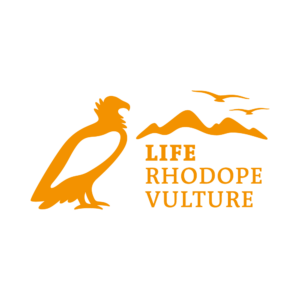
Co-funded by the Programa LIFE of the European Union and the Rewilding Europe, The LIFE Rhodope Vulture project is dedicated to the recovery of the Cinereous Vultures population in the Rhodope mountains, between Bulgaria and Greece. The project aims to increase food availability for the species and address human wildlife conflicts. It will reintroduce birds from Spain to establish a new colony in Bulgaria and conserve the Greek colony in Dadia-Lefkimi-Soufli National Park. Lastly, the project aims to foster cooperation among local businesses, conservation initiatives, and stakeholders, and raise awareness about the ecological benefits of Cinereous Vultures. The project duration is 5 years, from June 2024 to May 2029. The total budget is €4,160,118 Euro. It is coordinated by Bulgarian Society for the Protection of Birds (BSPB) with the participation of Rewilding Rhodopes Foundation. It also benefits from international collaboration, including the Vulture Conservation Foundation.


